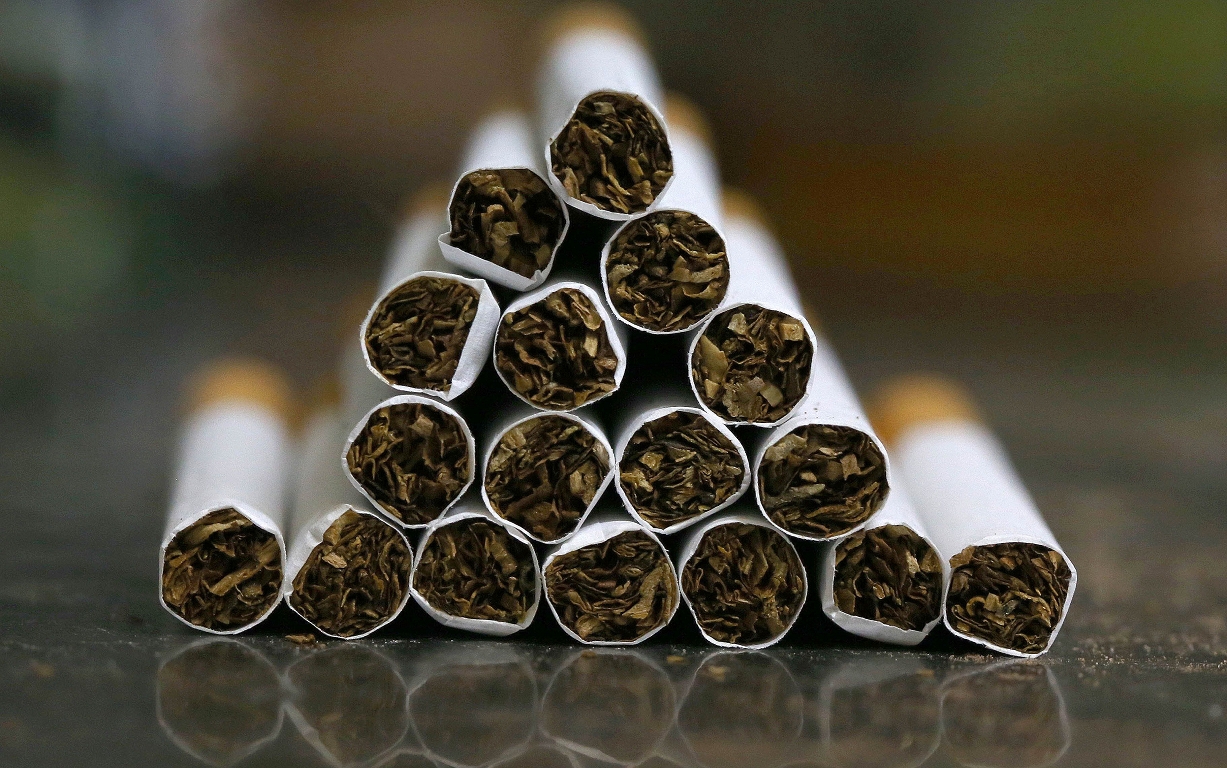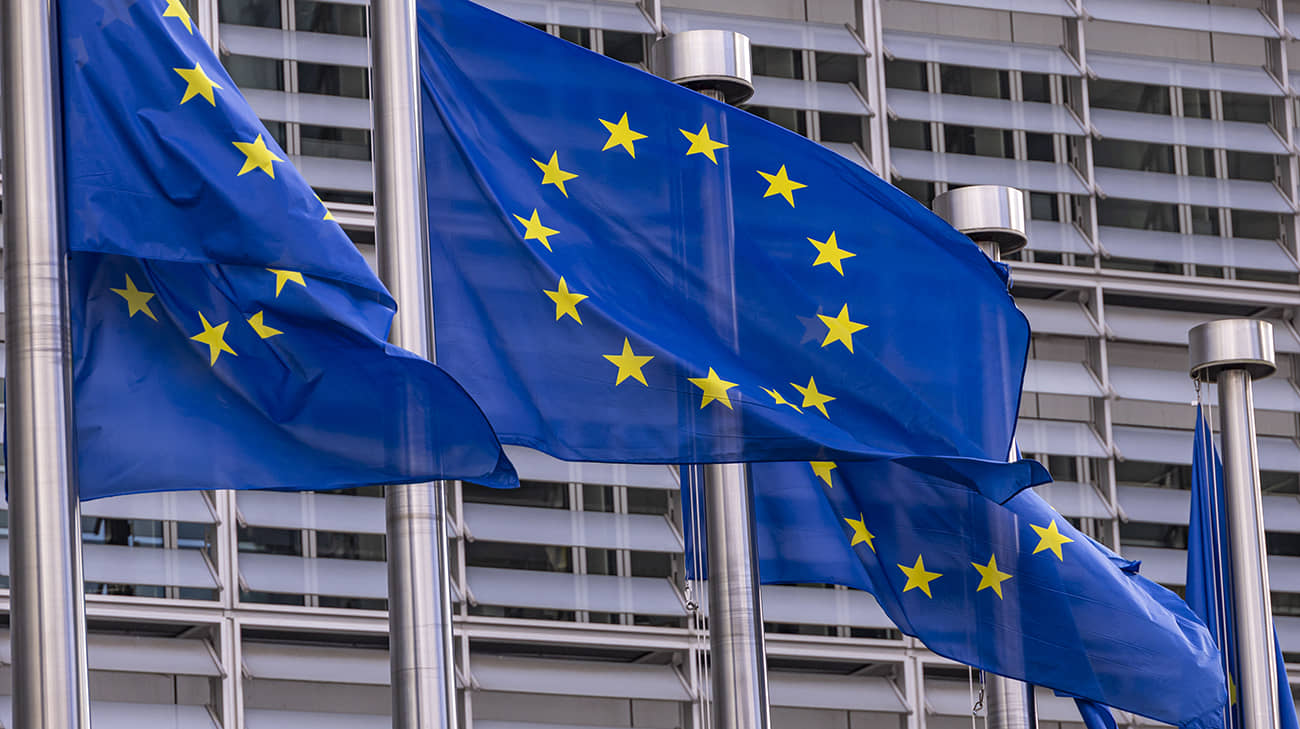Are new threats to the tax and smuggling epidemic over Europe? / Day

EU Commissioner Vopke Hukstra (Vopke Hoekstra) has already pointed out at a breakfast with MEPs in Strasbourg this month that despite the objections of several EU countries, proposals for tobacco tax review by the summer, reports EURActiv. At the same time, the media emphasizes that V. Hukstras’ proposals may not be in accordance with his head of the President of the European Commission, Urzul von der Leiena, as the review of the Tobacco Directive is not included in the European Commission’s 2025 work program.
Tax increase
Initially planned proposals, which were considered in December 2022, but were not submitted for further consideration for a dramatic increase in taxes, including an increase in cigarettes by 100 %, a clue to cigars and cigarillos by 900 %, while other tobacco products increase up to 445 %.
Many EU countries and experts are still opposed to such ability and controversial tax growth, as there is no evidence that the desired result will be achieved. It can also provide an additional incentive for already high inflation rates, as well as significantly increase the flow of cigarettes and other tobacco products in European countries.
Interestingly, this change essentially intact the Netherlands, which is the homeland of V. Hukstra, as it has already significantly raised tobacco tax and is already facing the negative consequences of tax growth. A similar policy has been in Belgium and France, where, following the rapid rise in tobacco tax, there is now the highest illegal trade index in the entire European Union (33 %). The people of these countries directly show their dissatisfaction with their government policy and tobacco products on a large scale have now been purchased in neighboring countries. This is one of the reasons why the Netherlands, France and Belgium are actively lobbying for a rapid rise in tobacco taxes in other EU countries. It should be noted that Latvia also holds one of the leading positions in the EU, according to the amount of illegal cigarette consumption. According to the study agency Nielsen on the circulation of illegal tobacco products in Latvia, the illegal cigarette market in Latvia remains one of the largest in the European Union, reaching 19.1%. According to quarterly data of 2024, the illegal market has increased significantly compared to 15.2% of the previous year.
United policy – different tax rates
RTU’s associate professor, Doctor of Economics, Maris Jurušs, is also thoughtfully admits that it would hardly be the right time to deal with such issues at the moment. Both Europe and Latvia now have other major priorities. Such a significant increase in taxes will certainly create additional tensions in the public and in the field of tax administration and collection. « It is quite doubtful that it could bring a positive contribution in Latvia, as it increases the risks related to the distribution of tobacco products. It should be borne in mind that the market has changed significantly and, for example, in Latvia we are not coping with all the restrictions implemented. New measures will only increase the risks of tax collection. »
« Any tax increase will be the smugglers and illegal merchants most delighted, because it opens up with them extra profit. The capacity of law enforcement agencies in Latvia is very limited. Illegal trade in alternative products can be limited to the influence of social media and networks on the illegal market. Wise, ”explains M. Jurus.
The professor also emphasizes that there is currently no unified alternative tobacco product policy in the European Union, but it is this direction that should be primarily looked at, not thinking about united high tax rates. On the contrary, they must be applied according to the specifics of each country and the real purchasing power of the population.
It would be important to deal with cigarettes much harder at EU level. In Latvia, however, the approach is still very cleft – alternative tobacco products are a much greater burden on us than cigarettes. There is only one explanation for this – the desire to generate higher revenue is dominated. However, in reality, we see that it does not work, as the costs of control and other measures are increasing, concludes Mr Jurush.
Several countries object
EURActiv notes that countries with lower tobacco taxes are opposed to tax raising, as well as countries with significant investments in the tobacco industry and innovation in the development of new, less harmful tobacco products. Among them, the Italian government points out that the EU should not « invest in investment in an innovative and fast -growing industry ». Greece, Romania, Luxembourg and Hungary are also supported by the Italian position.
It is recognized that V. Hukstra’s lobbying activities will definitely split the European Union countries, as some rich countries are thus trying to solve their problems at the expense of the poorest European countries.
It is expected that hot discussions can be caused by a desire to dramatically raise taxes not only for traditional cigarettes, but also for new tobacco and nicotine products such as e-cigarettes, heated tobacco and nicotine pads who do not yet have EU-wide excise regulation.
Deputy Prime Minister Antonio Tajani has recently sent a letter to Mr Hukstram asking for an explanation of his planned initiatives in tobacco tax. In a letter that has come to the disposal of EURActiv, A. Tajani writes that in tax matters, alternative tobacco products should not be subject to the same taxes as traditional cigarettes. A. Tajani also calls for « fertile discussions » with the commission, « so that I do not give the impression that it wants to discourage investments in an innovative and fast -growing industry, which also plays a significant role in employment in many Member States ».
It is already clear that it will be very difficult to achieve consensus between tobacco tax issues between the EU countries, as these changes can have a very different impact on different European countries and these proposals can also have very negative long -term consequences.








